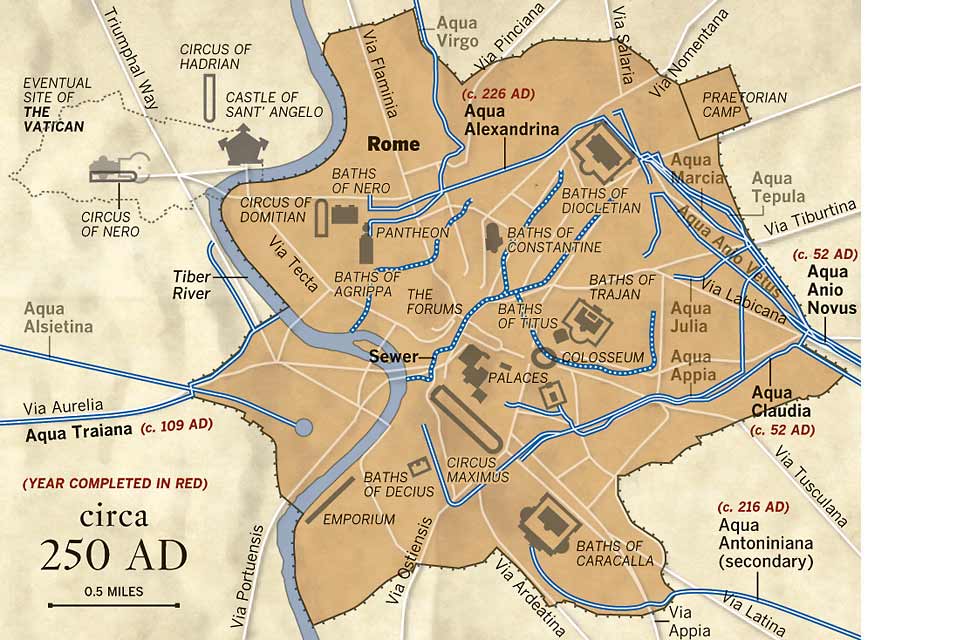To know a language is, first and foremost, to know the vocabulary of that language. If you know the vocabulary of a language, you might be able to make yourself understood in that language or glean some information from text or speech. But if you do not know the words, you cannot make your way in a language, no matter how masterful your grasp of grammar. When learning a language you need to build and expand your core vocabulary, the most common words and so the more important words in the language.
On this page, you can find resources for learning and expanding and maintaining your essential Latin vocabulary. Eventually, we will add an integrated suite to help you develop a fluency vocabulary of 2150 Latin words.
50 Most Important Latin Verbs: a great set of words to get you active in Latin. [via Bridge] [PDF] [Quizlet] [Cerego]
Haverford Base Core: 150 of the most common Latin words, which happen appear in our readings during third semester Latin course, “Friends and Enemies of Rome” [via Bridge] [PDF] [Quizlet] [Cerego]
Haverford Intermediate Latin Core: 1,415 of the most frequently used Latin words. [via Bridge] [PDF] [Quizlet] [Cerego]
DCC Latin Core: 1000 of the most frequent Latin words. [via DCC] [via Bridge] [PDF] [Quizlet] [Cerego]
How Strong is Your Core Latin Vocabulary?
The excellent Latintutorial.com has put together a competitive quiz to test your knowledge of the DCC Latin Core. Try to beat your personal best; try to top the charts!
Tools
Logeion (logeion.uchicago.edu): Logeion (literally, a place for words; in particular, a speaker’s platform, or an archive) gives you simultaneous access to some of the very best dictionaries for studying Latin, including Lewis and Short, DuCange, and LaNe, as well as helpful frequency and proximity information.
The Bridge (bridge.haverford.edu): The Bridge enables students and instructors to generate customized vocabulary lists from its database of Greek and Latin textbooks and texts. Users can generate whole vocabularies or focus on a selection of a list or work and also customize their lists to take into account textbooks that they have used, core lists they have mastered, and texts they have already read. These lists can then be filtered to focus on one or more parts of speech, among other options, and then printed or downloaded in a variety of formats.

